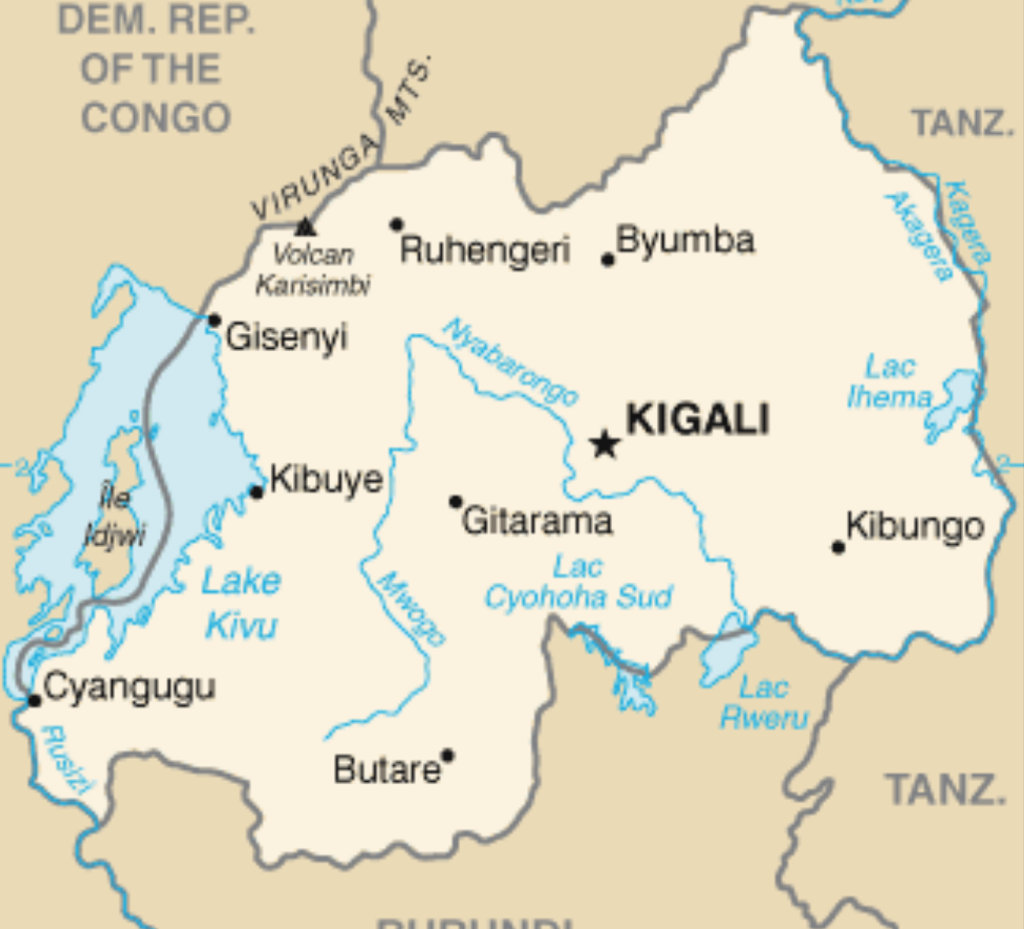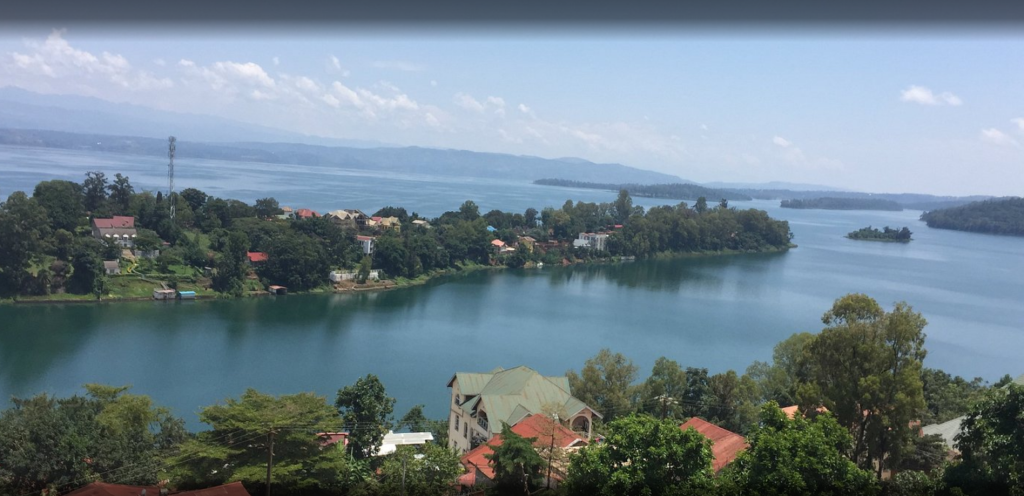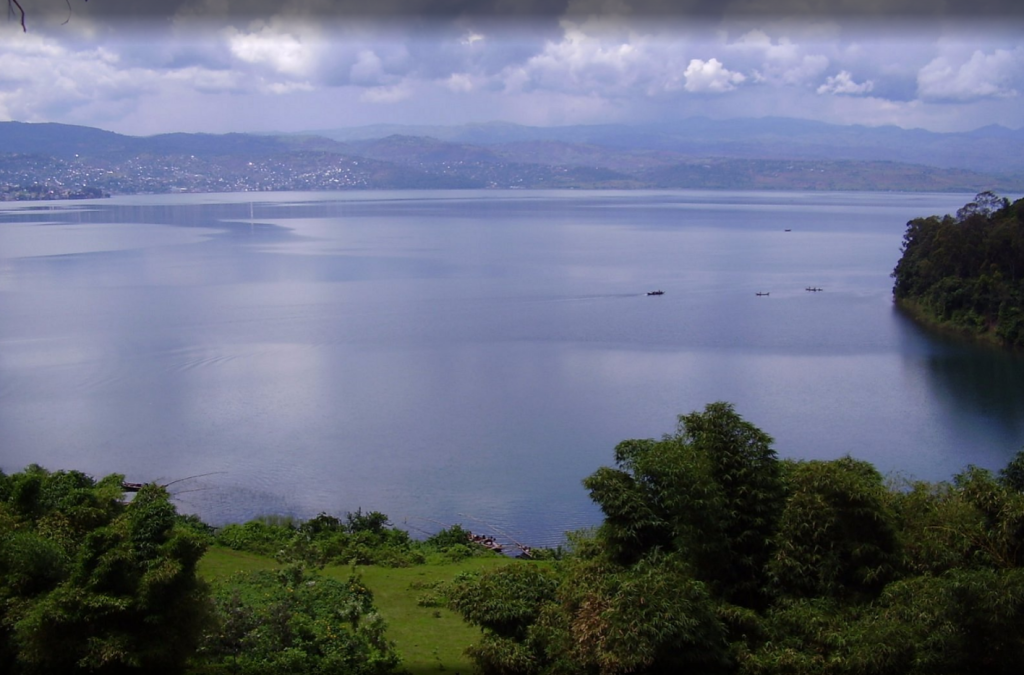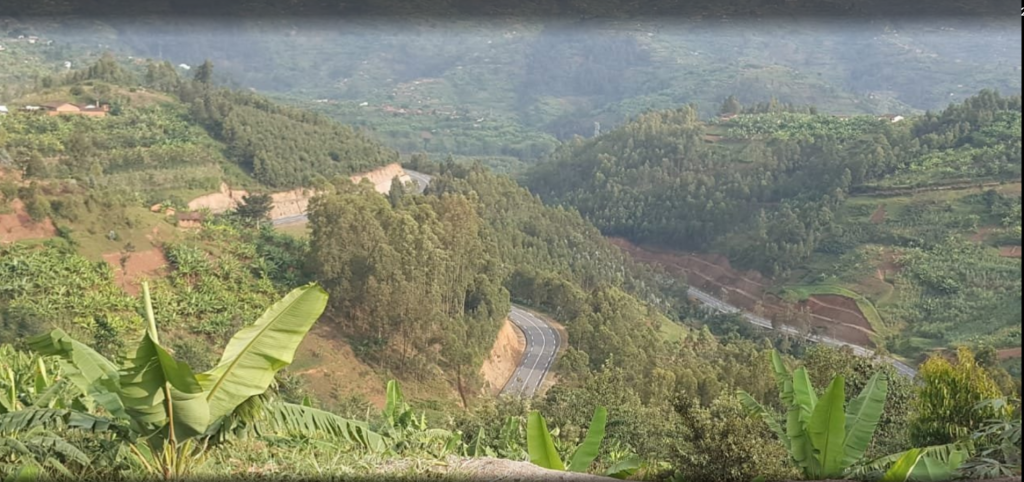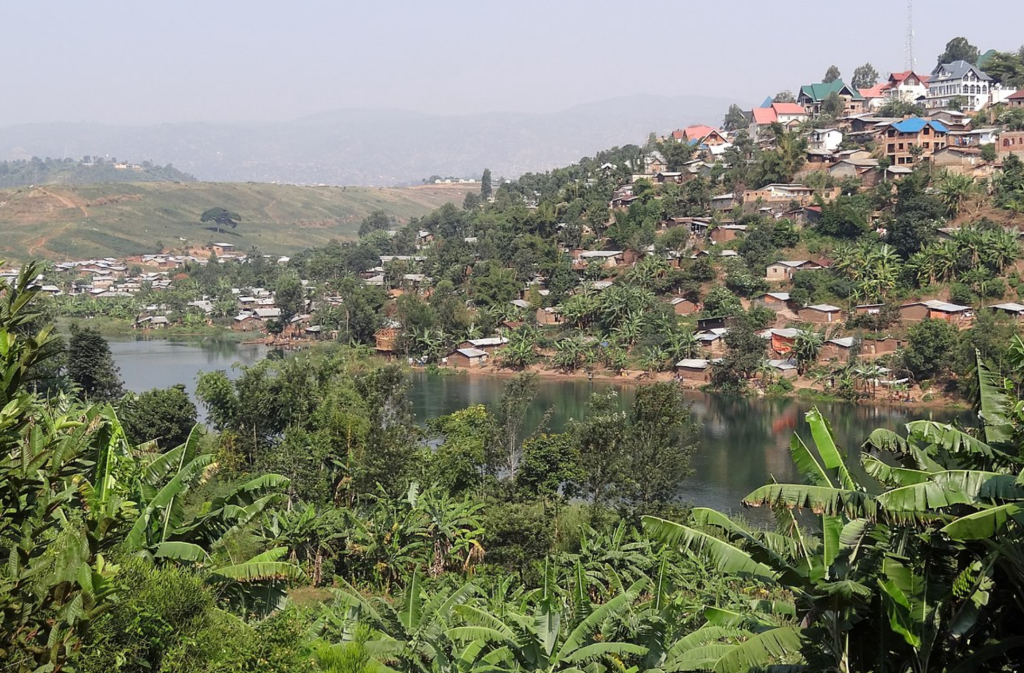Atop a hill on this island, Nsabimana, affectionately known as “Mushi,” took his first breaths and spent his formative years. The nearby Lake Kivu, essentially in the backyard of his childhood home, was where Mushi learned to swim and where, as a young boy, he would fetch water. He harbored dreams of surviving the RPF turmoil, returning to this very hill to find love, establish a home, raise a family, and gift his mother with the joy of grandchildren. Sadly, in 1997 in Congo, Tutsi soldiers tragically took the lives of three of Mushi’s siblings.

